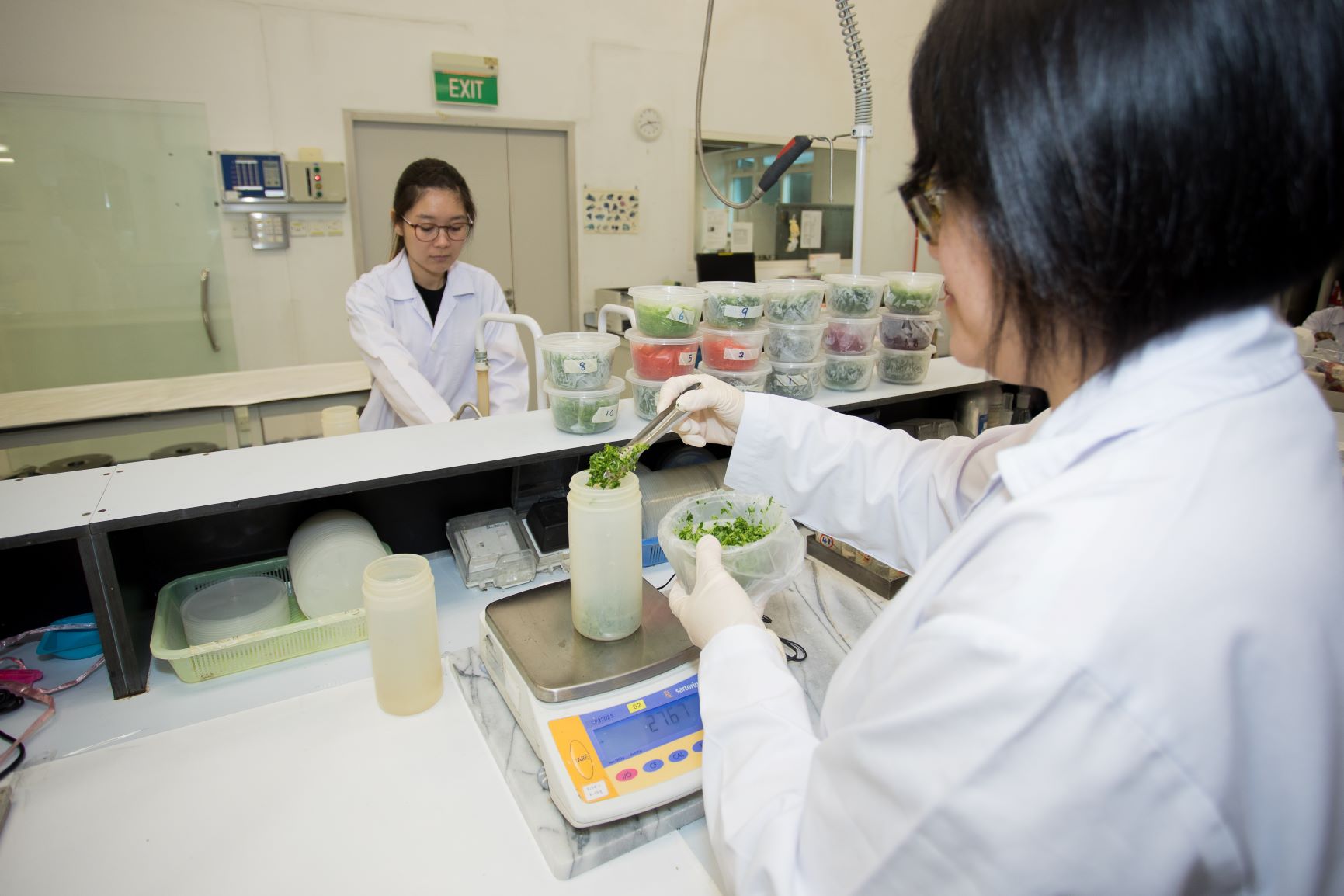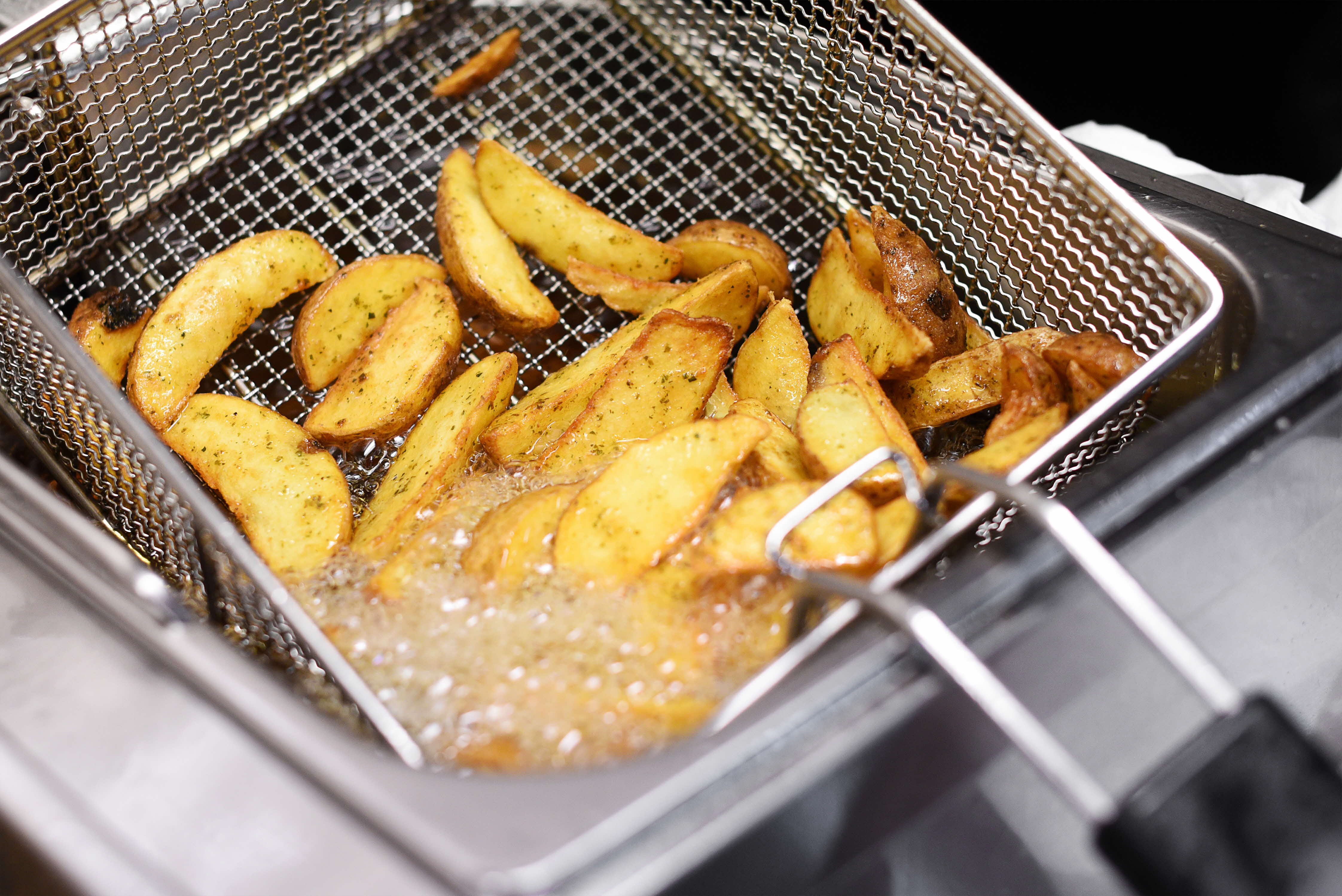Summary:
|
Singaporeans with a sweet tooth may remember when food recalls were directed for various snacks last year. In April 2022, the Singapore Food Agency (SFA) recalled batches of the popular Kinder Surprise chocolate eggs linked to multiple cases of salmonella poisoning in the United Kingdom. Several months later, Haagen-Dazs' vanilla ice cream products were recalled as trace amounts of ethylene oxide, a type of pesticide, had been detected.
With over 90 per cent of our food imported, a large volume of food arrives on our shores every day. It is not practical or feasible for SFA to inspect or test all food in the market. This is a challenge that food safety authorities around the world face. In 2021 alone, Singapore imported 2,138 million pieces of hen shell eggs, more than 500,000 tonnes of meat and seafood, and over 1 million tonnes of fruits and vegetables. In turn, 28 food recalls, including the Kinder Surprise and Haagen-Dazs products, occurred in 2022.

With most of our food imported, safeguarding food safety is an enormous challenge.
How SFA works to ensure safe food
SFA takes a science-based risk management approach to food safety that is consistent with international standards. This is carried out through a range of measures, from pre-import source accreditation for higher-risk food to post-import inspection and sample testing for lower risk food.
SFA also regularly monitors food products in the market to identify any potential food safety risk. Based on various sources of information, such as industry and public feedback, SFA’s own surveillance, and alerts from overseas counterparts, SFA identifies food products for food safety tests. Enforcement action will be taken for non-compliant consignments. For example, the consignments could be seized or recalled, and errant suppliers may be liable to a maximum fine of $10,000 and/or imprisonment for a term not exceeding three years.
In 2022, most food recalls were a result of surveillance by SFA and overseas notifications.

Vigilance is key as food contamination can happen anywhere along the supply chain due to the high volume of imported food into Singapore.
What happens during a food recall
When SFA directs a recall, importers will be required to dispose the affected food products still in the warehouse, and work with retailers to recall and remove those already in the market.
Successive measures are also taken. Incoming consignments of the implicated product are subjected to tests before they can be released for sale. SFA may also report the findings to overseas authorities for their own follow-up action, and suspend the source of the affected product from exporting to Singapore.
Where needed, SFA communicates food recall information to the public through consumer advisory alerts. Consumers who have the affected products are advised to not to consume them, or to seek medical advice if necessary.

SFA regularly monitors and tests food products in the market to identify and detect any potential food safety risks.
How the industry can play their part Food companies play an instrumental role in mitigating recalls due to contamination or labelling risk such as food allergen labelling. Besides affecting food safety, a recall can have long-lasting and costly consequences for food businesses, affecting its reputation, productivity, employee morale and profit margin. To safeguard food safety, food manufacturers, importers and distributors can:
|
.jpg?sfvrsn=173ea79b_0)
Consumers can play a role to safeguard food safety too by equipping themselves with good food safety knowledge
Food safety depends on all of us
Food safety is ultimately a common responsibility. Everyone plays an integral part. While SFA puts in place and enforces the regulatory measures, food importers, manufacturers and distributors must play their part by adhering to food safety regulations and ensuring good food safety practices, as well as being prepared to act when food recalls are needed. SFA will take enforcement action against errant importers or manufacturers in the event of food safety infringements.
Food industry suppliers play a proactive role in providing safe food: The Case of RedMart by Lazada The food industry plays a key role in ensuring the safety of food. For online grocer RedMart by Lazada, this is done through several measures, including implementing strict packaging and storage regulations to avoid cross-infection, as well as a complete cold chain for fresh food. When importing exclusive products into Singapore, such as from South Korea’s Market Kurly, the RedMart team takes the initiative to translate the product labels to comply with local food labelling standards, allowing consumers to make informed purchase decisions. RedMart also works closely with SFA during food recalls. In such events, RedMart will immediately remove the affected food products, notify consumers to discard them, and provide refunds. With a robust process that allows RedMart to trace down to the shipment, expiry date, and customers affected, RedMart is able to complete food recalls in a timely and efficient manner. Through such proactive measures, food retailers like RedMart reinforce consumer confidence in their company and the safety of their food products. |



